UNRWA provided education, health care, relief and social services, infrastructure and camp improvement, microfinance and emergency response to Palestinians.
The Israeli laws targeting UNRWA have set a dangerous precedent and violate international law, the agency's commissioner-general Philippe Lazzarini stated.
UN Secretary-General António Guterres has stressed that "there is no alternative to UNRWA."
Ireland, Norway, Slovenia and Spain condemned Israel's legislation in a joint statement on Monday. The UK, Germany and the EU leadership expressed "grave concerns". US State Department spokesman Matthew Miller said the US is "deeply" concerned. Turkiye stated that "Israel aims to destroy the two-state solution" by banning UNRWA.
The Gaza Strip has a population of approximately 2.1 million people, including 1.7 million Palestine Refugees. Gazans depend on educational, healthcare and other assistance provided by UNRWA during the war. Roughly 1.2 million Palestinians in Gaza depend on UNRWA's food aid.
Humanitarian aid comes to Gaza through crossings which are now under control of the Israel Defense Forces (IDF). Israel will no longer issue permits for UNRWA to enter the region. UNRWA is the main UN agency working in the strip.
According to the UN's October report, over 1.8 million people across Gaza are presently experiencing "high levels of acute food insecurity", including nearly 133,000 people facing "catastrophic food insecurity."
At least 1.9 million people across the Gaza Strip are internally displaced. Only 17 out of 35 medical facilities are partially functioning in Gaza, while others have been destroyed. The UNRWA ban will further exacerbate the Gaza humanitarian crisis, the UN warns.

 5 months ago
40
5 months ago
40
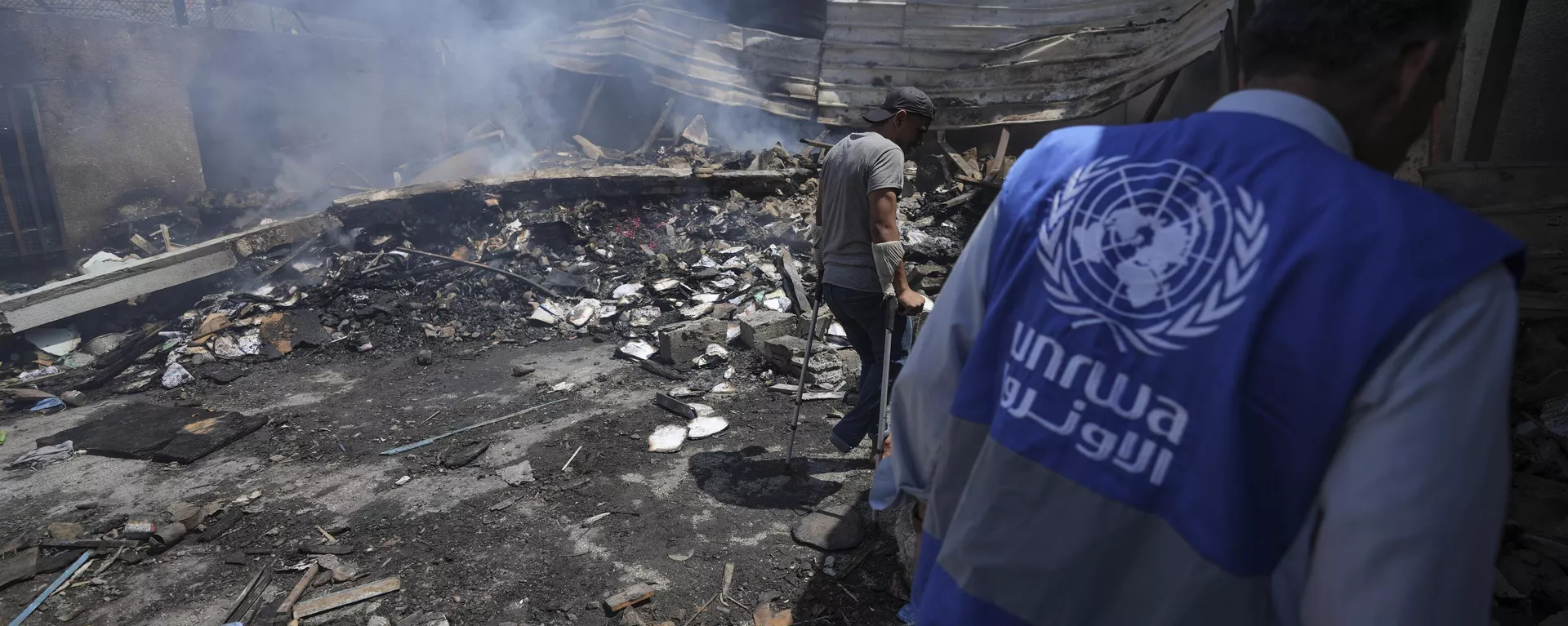
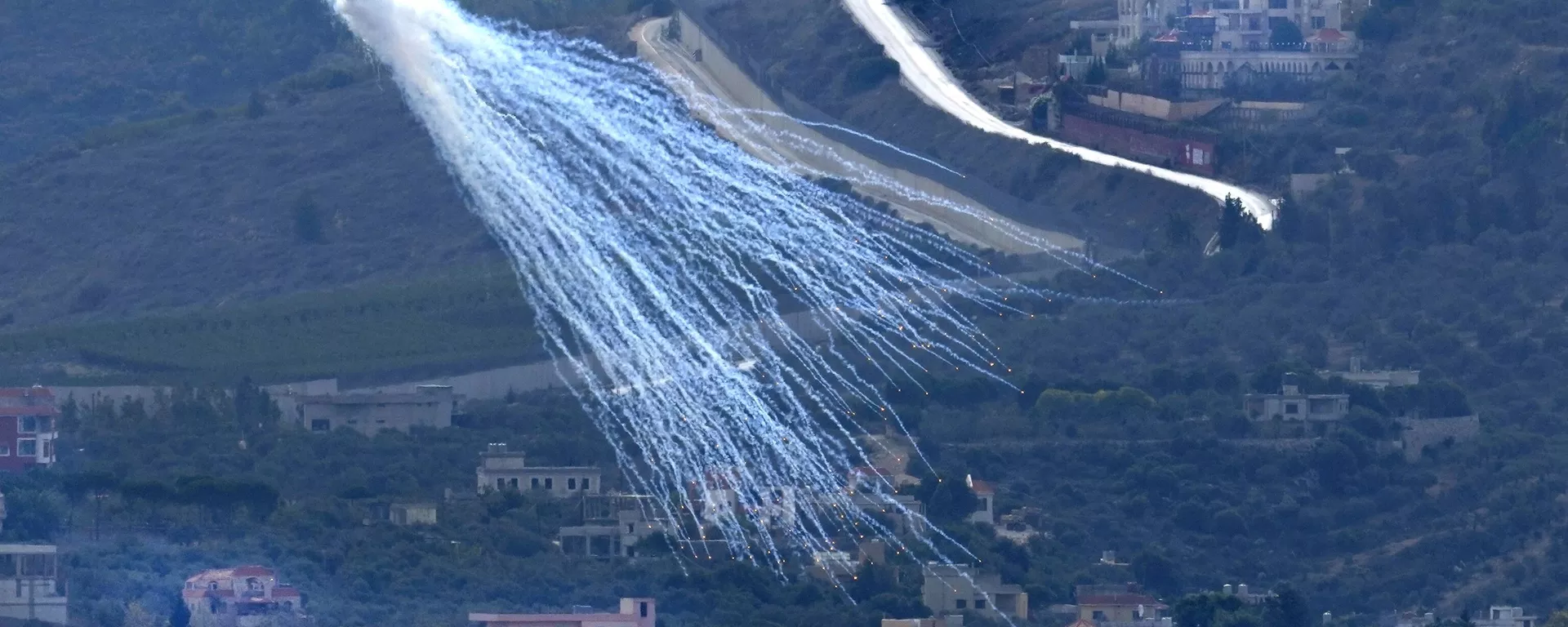
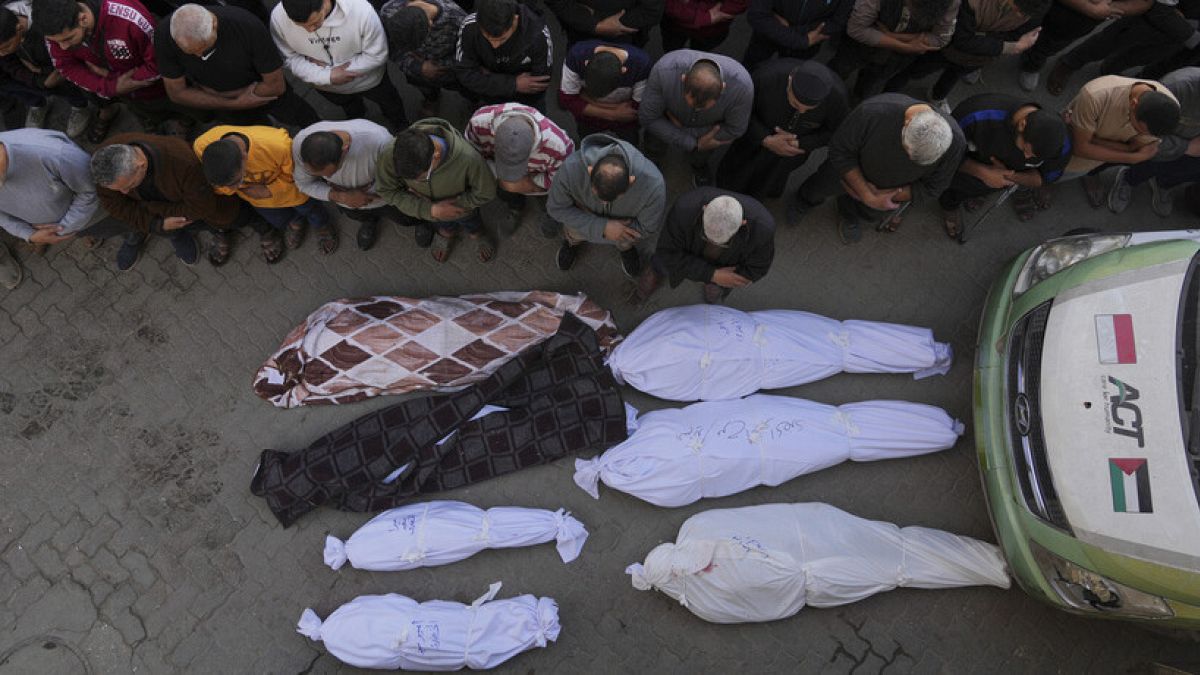

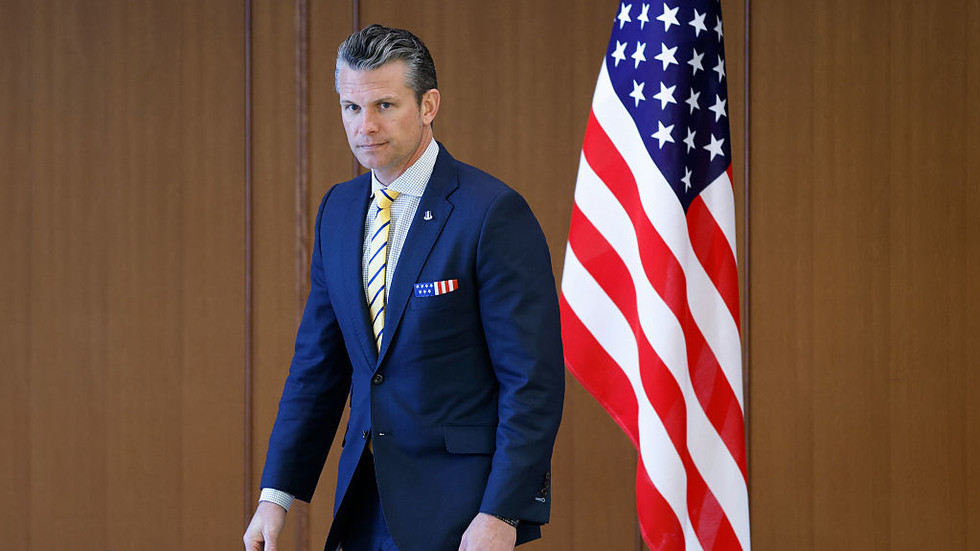
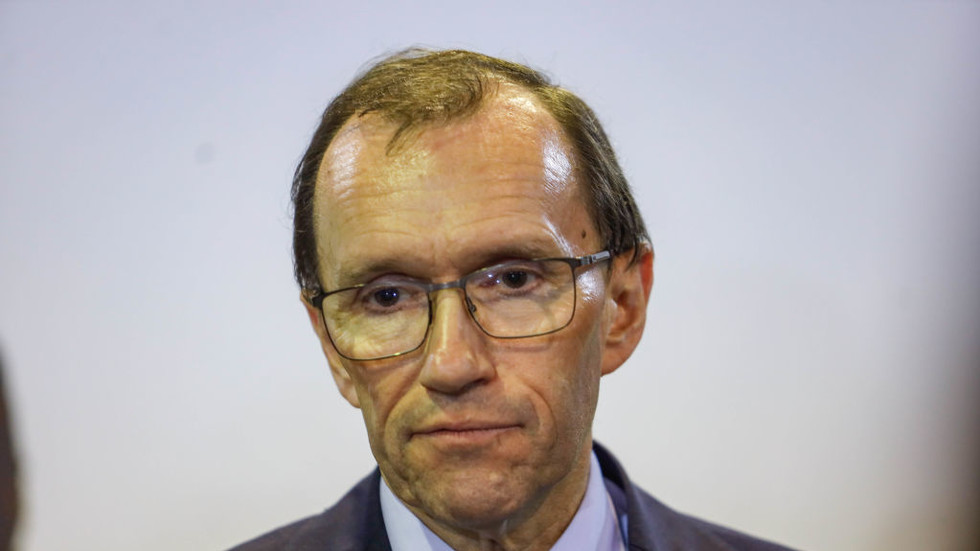


 We deliver critical software at unparalleled value and speed to help your business thrive
We deliver critical software at unparalleled value and speed to help your business thrive






 English (US) ·
English (US) ·